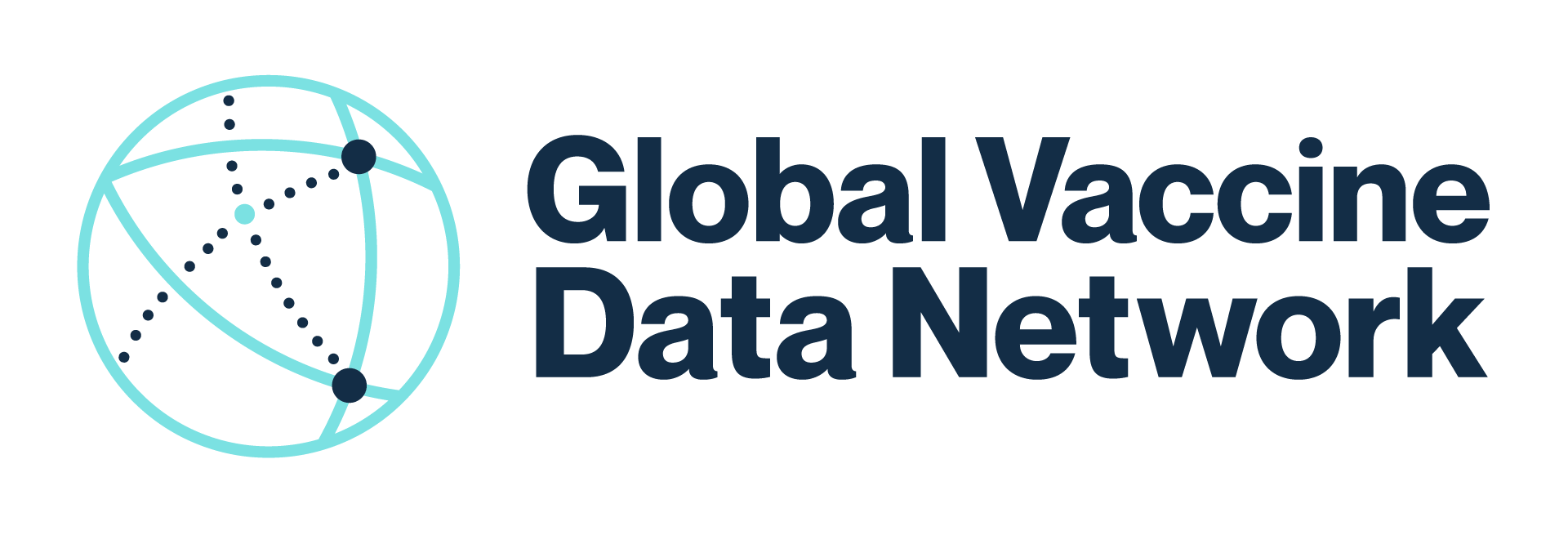This is a self-controlled case series (SCCS) study of a cohort of children aged 0–5 years who were born in 2008–2019 and are resident in New Zealand to investigate the association between MMR vaccination and a list of specified conditions. The SCCS study design is used for rare outcomes in vaccine safety research and is exposure anchored.1–5 The study requires data about cases who were MMR vaccinated at some point between 0–5 years old and a variation in the design includes unvaccinated cases to distinguish between the effects of age and time since vaccination, particularly at older ages and longer times since vaccination. Including unvaccinated cases increases the information available on age effects, and in turn reduces confounding and improves the estimation of vaccine effect.
References
- Farrington P, Pugh S, Colville A, Flower A, Nash J, Morgan-Capner P, et al. A new method for active surveillance of adverse events from diphtheria/tetanus/pertussis and measles/mumps/rubella vaccines. Lancet. 1995;345(8949):567-9.
- Farrington CP. Relative incidence estimation from case series for vaccine safety evaluation. Biometrics. 1995;51(1):228-35.
- Whitaker HJ, Paddy Farrington C, Spiessens B, Musonda P. Tutorial in biostatistics: The self-controlled case series method. Stat Med. 2006;25(10):1768-97.
- Petersen I, Douglas I, Whitaker H. Self controlled case series methods: An alternative to standard epidemiological study designs. BMJ. 2016;354:i4515.
- Cadarette SM, Maclure M, Delaney JAC, Whitaker HJ, Hayes KN, Wang SV, et al. Control yourself: ISPE-endorsed guidance in the application of self-controlled study designs in pharmacoepidemiology. Pharmacoepidemiol Drug Saf. 2021;30(6):671-84.
*This project was funded by Te Whatu Ora Health New Zealand previously New Zealand Ministry of Health.
